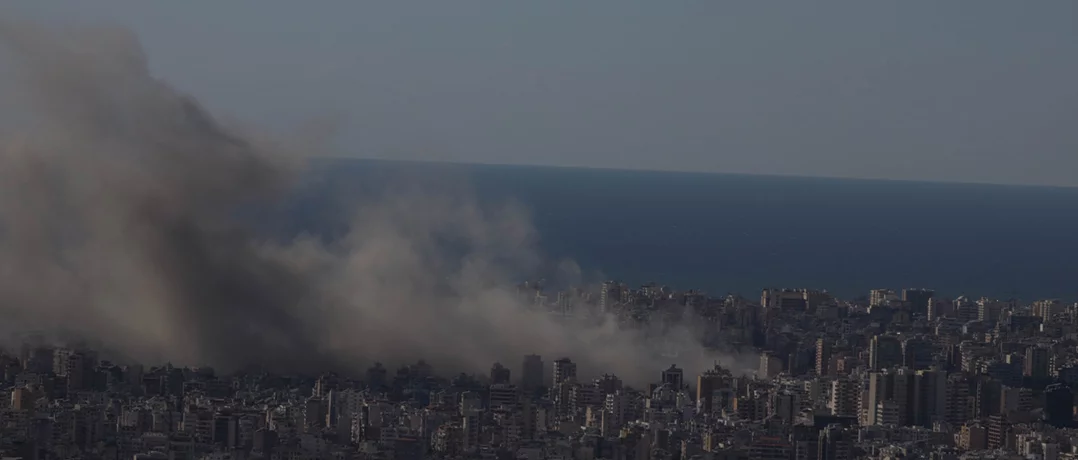While inconsistent, whenever Israel issues warnings that it is going to bomb an area in Lebanon, panic soon follows with entire neighborhoods and villages fleeing out of fear that they could be struck in the attack.
Israel’s bombing warnings: A symbol of fear

On September 18, the Israeli military issued six warnings for five villages in south Lebanon that specific buildings in the villages were going to be bombed soon by Israel and that everyone needed to be at least 400 meters away from them for their own safety.
What followed in these villages was panic. Rather than just evacuating to a safe distance from the buildings that were to be targeted, entire villages left the area out of fear that Israel could bomb more than just what they claimed they would, something that occurred constantly during the war between Hezbollah and Israel.
Videos showed cars trying to get away from the villages as quickly as possible since they did not know when the bombs would start to fall. It could be five minutes. It could be an hour.
According to retired Lebanese army general Khalil Helou, this panic was part of the reason why Israel issues these warnings.
“It is to create a psychological pressure over the population,” Helou told The Beiruter.
Helou also explained that, almost paradoxically, Israel puts out these warnings as a way to show that they only target what they say they are and that civilians have no need to worry.
In Gaza, they target senior Hamas leaders or even Hamas fighters even if they are hiding or if they are present within the civilian population. They kill the Hamas and they kill with him 10 or 20 or 3o people
However, Israel does not issue warnings for every bombing that it is going to carry out. Rather, they rarely do so, with it largely depending on the target.
In cases that Israel is looking to assassinate a Hezbollah member, no matter how low-ranking, or if they are going after Hezbollah infrastructure, such as ammunition depots or tunnels, then they do not issue any warnings for the public to stay away as to maintain the element of surprise.
When it comes to civilian infrastructure where Hezbollah could hide out or where leaders and non-leaders could be residents and when they are in the middle of a civilian population, they give warnings
According to international law, militaries are prohibited from targeting civilian infrastructure unless there is clear evidence that they are being used for military purposes and that destroying it would give a definite military advantage. Even then, any attacks need to be precise and avoid causing harm to civilian populations.
According to Helou, because there were no secondary explosions after it was targeted, that meant that there were no weapons or ammunition being stored in the buildings.
Since the ceasefire between Hezbollah and Israel on November 27, 2024, Israel has continued to carry out bombings throughout the country, the vast majority of the time without any warning. The last time Israel issued a warning was when it said it was going to carry out strikes on Beirut’s southern suburbs, causing entire neighborhoods to flee in fear.



